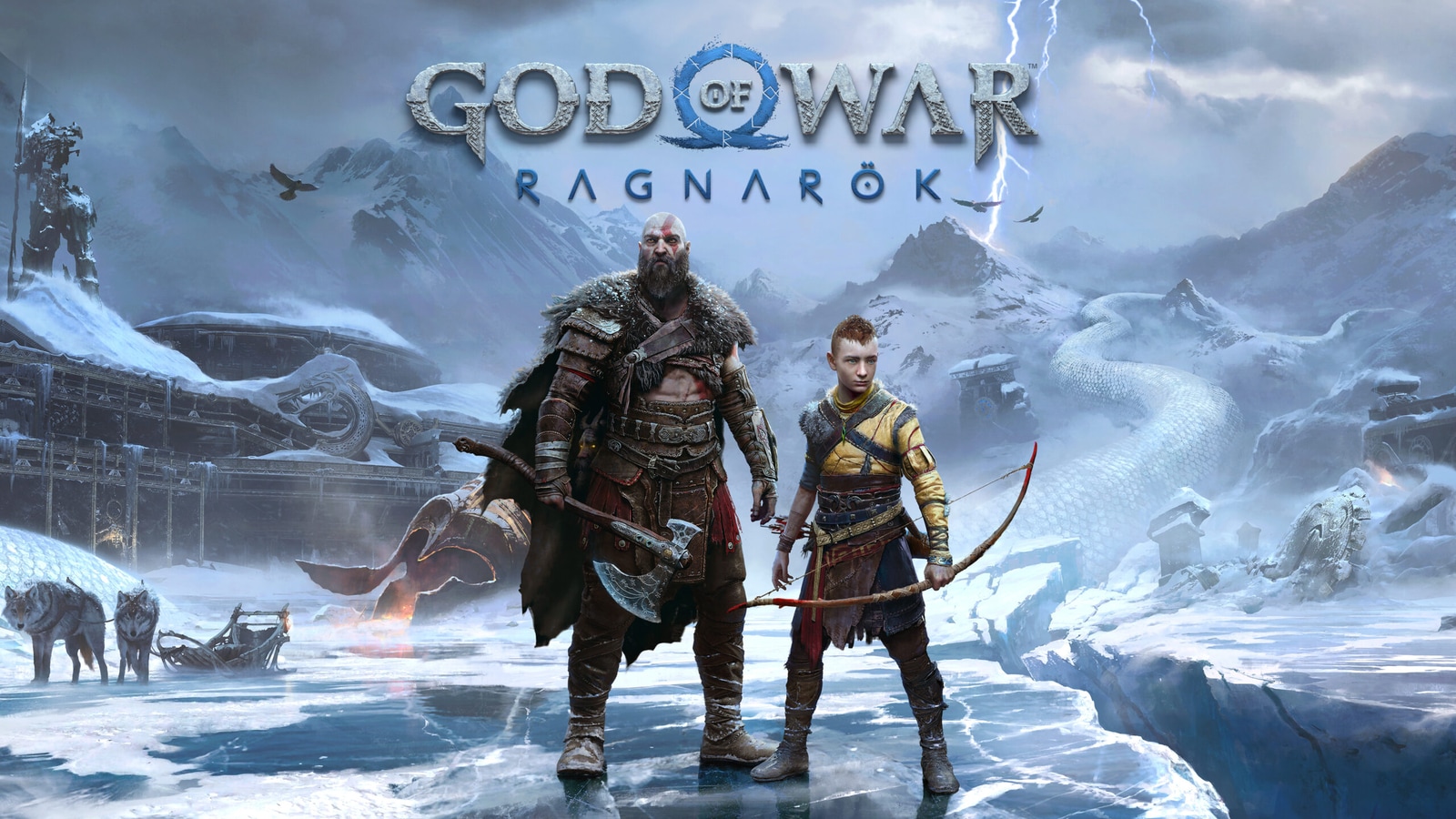A New Zealand couple is refusing to allow their infant son to undergo lifesaving heart surgery using blood from people vaccinated against Covid-19, showing how vaccine misinformation continues to manifest in unexpected ways two years into global inoculation campaigns.
The 4-month-old is critically ill with a severe case of pulmonary valve stenosis, a heart valve disorder. The boy’s mother says she wants her son’s operation to take place without delay, but she has demanded that “safe blood” be used, with her lawyer saying that the family was concerned about blood containing traces of vaccines using new mRNA technology.
The New Zealand health service has denied the family’s request to use blood from unvaccinated volunteers and says that the vaccines pose no risk to donor supplies. On Tuesday, the High Court in Auckland will decide whether to grant the health service, Te Whatu Ora, temporary guardianship of the baby so it can remove the child from the family and perform the surgery.
Paul White, the agency’s lawyer, described the baby as “getting sicker with every heartbeat.”
The high-profile legal dispute has gripped public attention and exposed the depths of Covid vaccine skepticism in some communities in New Zealand, a country that, for a time, led the world in suppressing the coronavirus.
The case, and the family’s flawed scientific arguments, highlight the continuing dangers of online misinformation and conspiracist narratives, experts say. The dispute has “become a cause célèbre in the most toxic way,” prompting a spike in hate speech on fringe platforms where conspiracy theories run rife, said Sanjana Hattotuwa, a researcher at the Disinformation Project, a New Zealand monitoring group.
“Hundreds of thousands on Telegram alone have engaged with this content” in the past week, he said, referring to the encrypted messaging service. “Tens of thousands have seen videos” about the baby on platforms that host far-right content, he added. In some cases, he said, there has been an explicit incitement to violence.
Counterspin Media, a conspiracy-oriented outlet that shares content with the American site Infowars, live-streamed a 12-hour “truth-a-thon” over the weekend focused solely on the baby’s case.
Academics and New Zealand’s security services have pointed to ongoing concerns over violent extremism linked to conspiracist, anti-vaccine ideology. This month, a 62-year-old man was sentenced after being convicted of sabotage for plotting to bring down the country’s power grid to draw attention to his anti-vaccination beliefs.
The ill infant’s family and their backers, including a high-profile conservative New Zealand politician, insist that state intervention is unnecessary because of the willingness of unvaccinated donors to provide blood.
In an email relayed through her lawyer, the boy’s mother, whose name is being withheld by The New York Times to protect the privacy of the child, said she was “desperately worried” about the baby’s well-being and did not want the surgery to be postponed.
Read More on the Coronavirus Pandemic
- Long Covid: People who took the antiviral drug Paxlovid within a few days after being infected with the coronavirus were less likely to experience long Covid months later, a study found.
- Updated Boosters: New findings show that updated boosters by Pfizer and Moderna are better than their predecessors at increasing antibody levels against the most common version of the virus now circulating.
- Calls for a New Strategy: Covid boosters can help vulnerable Americans dodge serious illness or death, but some experts believe the shots must be improved to prevent new waves.
- Future Vaccines: Financial and bureaucratic barriers in the United States mean that the next generation of Covid vaccines may well be designed here, but used elsewhere.
She blamed the health service for the holdups, saying it was ignoring the family’s concerns and unnecessarily asserting its authority in the courts.
“We can’t understand why the Auckland Starship Children’s Hospital and NZ Blood won’t help to protect him against a risk we have identified,” the mother wrote, referring to the public medical facility and blood donor organization involved in the case.
Sue Grey, the family’s lawyer, said the mother’s fear centered on the “safety of blood from recipients of mRNA technology,” describing this risk as arising from “residual contamination from injected mRNA, or spike protein made by the mRNA.”
(The Pfizer and Moderna vaccines work by inducing the human immune system to identify the spike protein on the surface of the coronavirus and destroy it.)
The family has solicited blood from 30 unvaccinated “prescreened” donors, Ms. Grey said. Among those backing the family’s right to call for “unvaccinated” blood is Winston Peters, who leads the center-right New Zealand First party and held the position of deputy prime minister in a coalition government headed by Prime Minister Jacinda Ardern.
“We’ve got a circumstance where parents are saying they want the donation to their child to be from an unvaccinated donor, and I cannot conceive of why that cannot be done and why we’re wasting time in front of a court,” Mr. Peters said by phone on Friday.
“This is not about being pro- or antivax, or denying the science; this is about freedom, truth and informed consent,” he continued.
Experts have said that providing alternative blood supplies would be complicated by requirements for emergency screenings and quality checks. New Zealand’s official blood service does not distinguish between “vaccinated” and “unvaccinated” blood in its supplies, saying on its website that there is no evidence that spike protein residues, which are quickly absorbed in the system of donors, pose any threat to recipients.
Mark Henaghan, a law professor at the University of Auckland, said he did not expect the standoff to produce a new legal precedent in favor of the family.
In similar cases, he said, “courts have pretty much in all cases gone with what the medical advice is; that’s been the pattern around the world.”
“Parents have never had absolute rights” in such circumstances, he added. “It’s all about what’s best for the well-being of the child.”
The health service’s interim director in Auckland, Dr. Mike Shepherd, said in a statement: “The decision to make an application to the court is always made with the best interests of the child in mind and following extensive conversations.” The prime minister’s office did not respond to emails seeking comment.
Polls suggest that social divides that opened over New Zealand’s pandemic response, including mandates that some categories of workers be vaccinated, have contributed to a decline in popularity for the prime minister, Ms. Ardern.
While she rode to a decisive election victory in 2020 on the strength of New Zealand’s success against the virus, she appears to be much more vulnerable as a general election approaches next year. In a survey commissioned by The New Zealand Herald, significantly more respondents said the country’s Covid response had pushed the country apart than unified it.

























